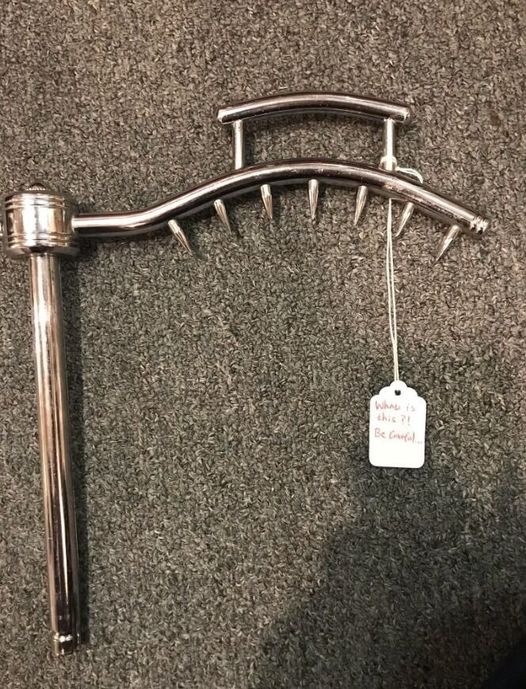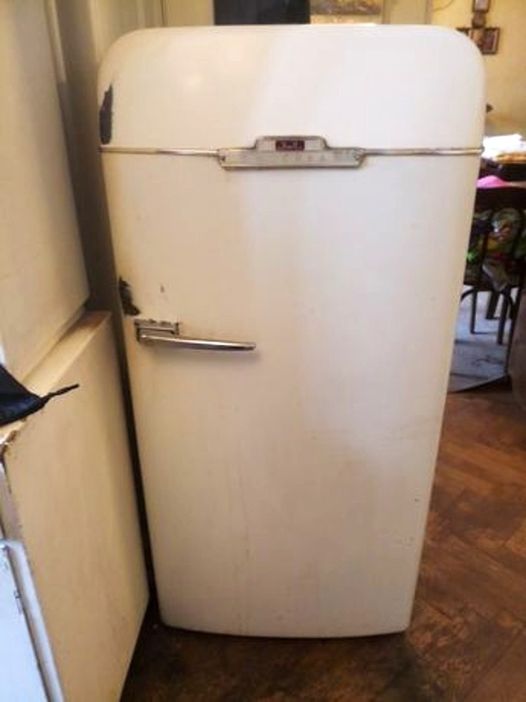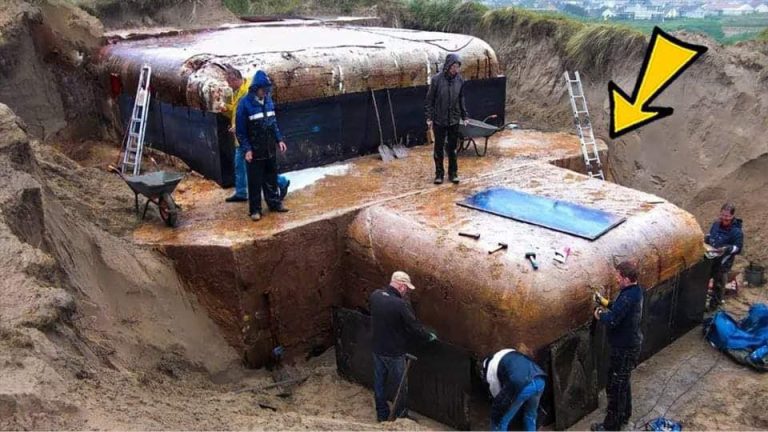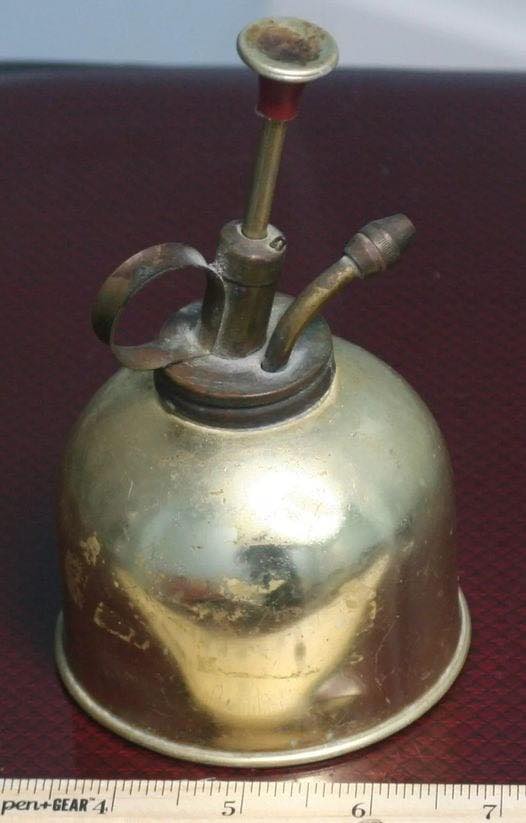Uncovering the Historic Mystery of an Antique Culinary Tool
Stumbling upon an unidentified object in an antique store is like finding a hidden treasure. It ignites curiosity and a detective-like quest to uncover its origins and purpose. Recently, shoppers and staff at a Maryland antique store had such an experience when they came across a peculiar metal spiked object. Adorned with a tag that candidly admitted, “What is this!?”, this mysterious item became the subject of speculation and intrigue.
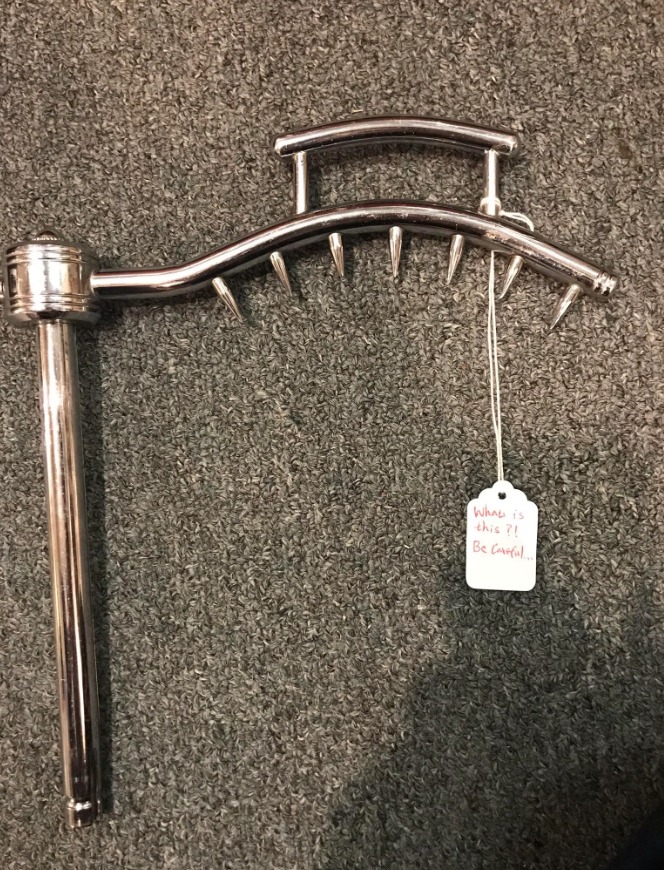
At first glance, without the context of its accompanying cutting board, the function of this metal contraption was not immediately obvious. Its design, featuring sharp metal spikes arranged in a way that suggested they were meant to hold something in place, was both intriguing and baffling. The absence of the cutting board, a crucial component for its use, further shrouded its purpose in mystery, leaving even the antique store staff at a loss.
A Journey of Discovery
Fortunately, the power of collective knowledge, particularly from an online community on Reddit, came into play. With the help of this community, the item was finally identified as a roast or ham holder, which was intended to mount to a cutting board. Sadly, the cutting board was missing.
This revelation highlights the fascinating world of culinary antiques and the evolution of kitchen gadgets over time. These roast or ham holders were designed for practicality and ease in the kitchen, particularly during a time when large cuts of meat were a centerpiece of dining and entertainment. By securely anchoring the meat to a cutting board, these holders facilitated the carving process, allowing for more precise and elegant serving at the table.
Reflecting a Bygone Era of Craftsmanship
The design of the roast holder, with its spikes to grip the meat firmly, reflects an era when kitchen tools were crafted not just for functionality, but also with durability and efficiency in mind. The missing cutting board, likely made of wood, would have completed this kitchen ensemble, providing a stable base for the holder and protecting the table or countertop from scratches or damage during the carving process.
The Power of Online Communities
This discovery journey, from an enigmatic metal object to a kitchen utensil with a specific function, illustrates the significant role of online communities in solving mysteries of the past. Platforms like Reddit bring together individuals with diverse expertise and interests, creating a collective intelligence capable of piecing together puzzles left behind by history. In this case, communal knowledge helped not only in identifying the object but also in appreciating the ingenuity of past generations in creating tools that made everyday tasks more manageable.
A Window into Culinary History
Moreover, the story of the roast or ham holder is a testament to the allure of antique shopping. Every item holds a story waiting to be uncovered. It reminds us of the importance of preserving and understanding the artifacts of everyday life, as they offer insights into the cultural and social practices of the past.
For enthusiasts of culinary history, such items are a window into the evolution of cooking and dining customs, reflecting changes in technology, taste, and lifestyle over time.
In conclusion, the metal spiked object, initially met with confusion and curiosity at a Maryland antique store, reveals the rich tapestry of culinary history and the evolution of kitchen tools. Its identification as a roast or ham holder, designed to mount to a cutting board, underscores the value of community knowledge in unraveling historical mysteries.
This discovery not only enriches our understanding of past culinary practices but also celebrates the joy of exploration and the continuous quest for knowledge about the objects that have served generations before us.
